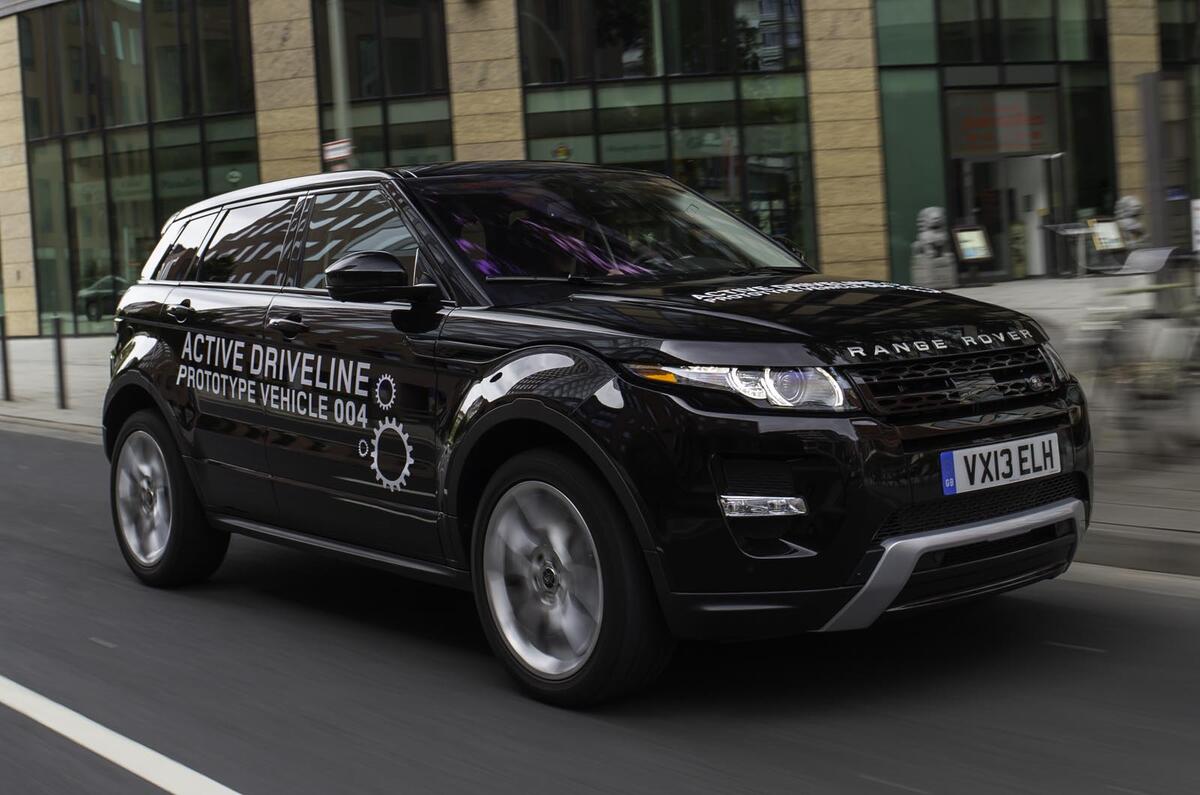Last week’s Low Carbon Vehicle (LCV) event at Millbrook proving ground in Bedfordshire showcased a range of innovative technology projects, a large number of which focused on efficient and experimental powertrain technology.
What struck me most is the way that the challenges of meeting increasingly strict emissions standards and developing the technology for production are encouraging major car companies to forge extensive collaborations with smaller specialist firms.
At LCV, for example, Jaguar Land Rover announced the new two-year Evoque_e project which that will research hybrid and battery-electric vehicle technology. The collaboration aims to design, develop and build three next-generation Evoque-based concepts for a mild hybrid electric vehicle (MHEV), a Plug-In Hybrid (PHEV) and a full Battery Electric Vehicle (BEV).
JLR is leading the project (it is stumping up £4m of the £16m that will fund the research), which will benefit from input from Zytek Automotive, GKN Driveline, Motor Design Limited, AVL, Drive System Design, Williams Advanced Engineering, Delta Motorsport, Tata Steel, Bristol University, Cranfield University and Newcastle University.
And where does all this research ultimately lead? Well, in a neat piece of symmetry, when I arrived in Frankfurt yesterday I had the opportunity to briefly sample the fruits of a previous research project by JLR.
The 2014 model year Range Rover Evoque is fitted with new Active Driveline technology, a four-wheel-drive system that slips seamlessly into two-wheel drive in driving conditions that don’t require total traction. The system can also attribute torque to either of rear wheels as and when it's required.
The aim of the system is to improve fuel consumption, enhance performance and make the powertrain more efficient. When four-wheel drive is not required, all the major driveline components associated with turning the rear wheels come to rest. If four-wheel drive is needed again, the system can redeploy it in 300 milliseconds. In other words, faster than you can say, “off-road”.






Add your comment